
Religion doesn’t just shape personal beliefs. It also affects how people act in love and relationships. Sometimes it brings couples closer, and other times it creates quiet struggles. Even when faith isn’t talked about much, it can still guide the way people see love. Here are 15 subtle ways religion affects relationships.
Shared Values Bring Comfort
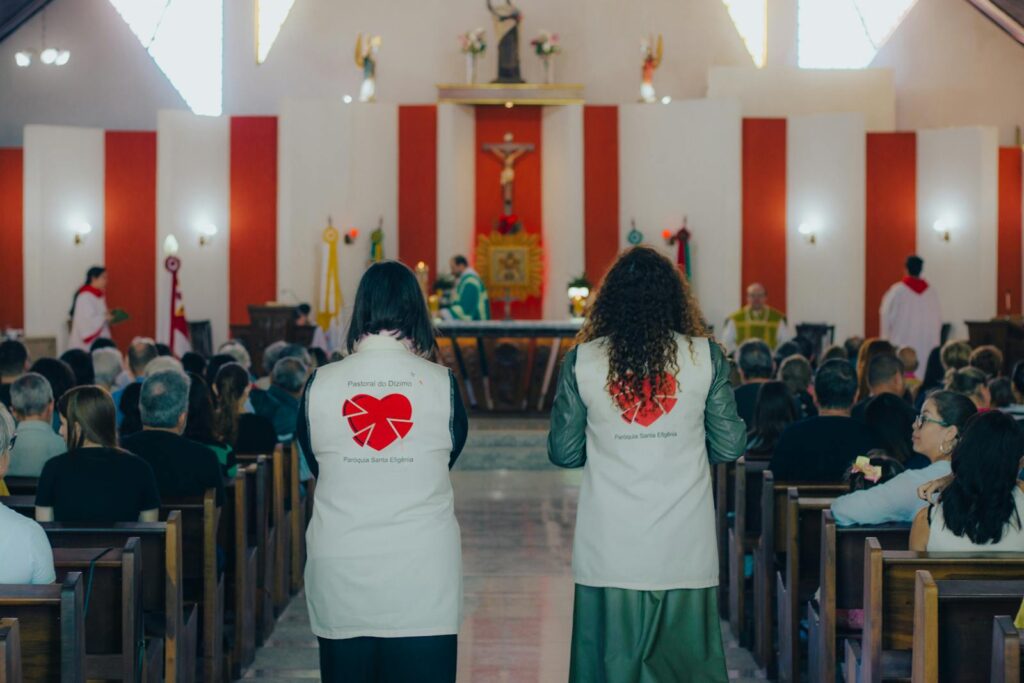
When two people share the same faith, it creates a strong sense of comfort. They already agree on things like honesty, family, and community. That makes daily life feel smoother and very secure. It’s much easier to understand each other when your values already line up. Religion is the foundation that makes relationships feel much stronger.
Different Beliefs Can Cause Tension
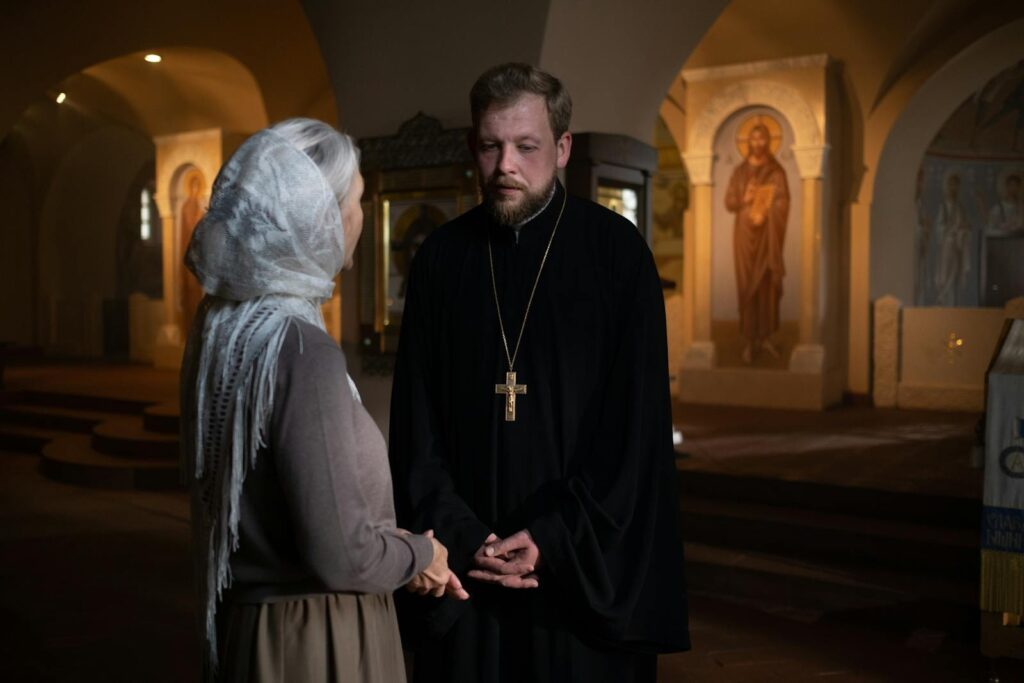
When partners believe different things, it can create small cracks that grow over time. At first it may not feel like a big deal, but issues around holidays, traditions, or raising kids eventually come up. Even with respect, differences in faith can feel heavy. It takes a lot of patience to make it work, and not everyone can handle that pressure.
Family Expectations Play a Role
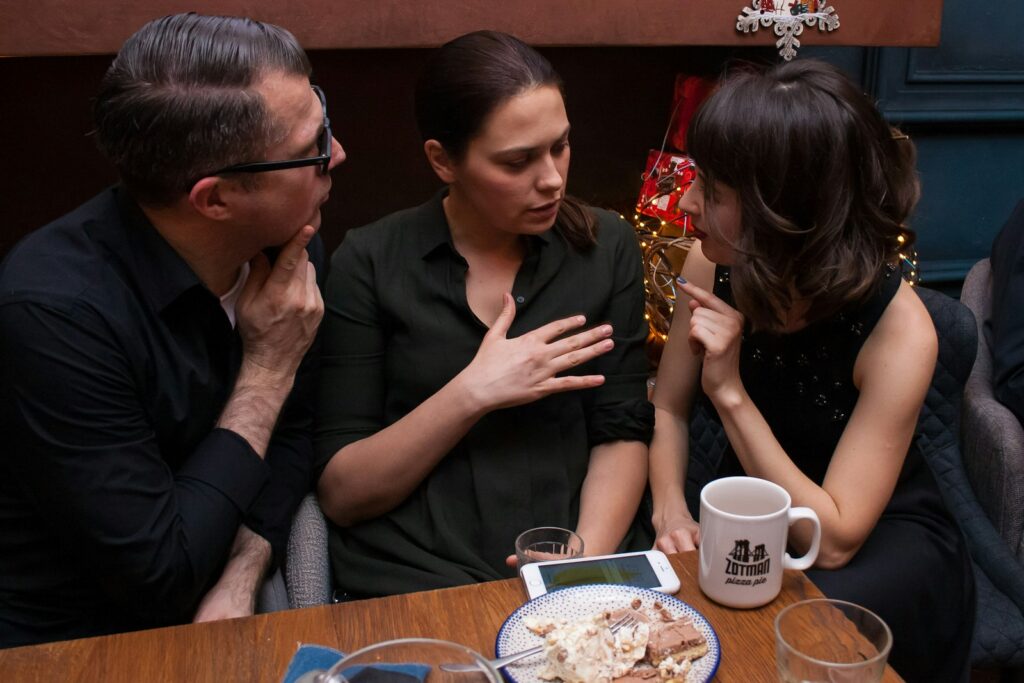
Religion is rarely just about two people—it’s about family too. Parents or relatives may expect certain traditions, or they may want you to marry within the same faith. That outside pressure can feel very strong, especially in close families. Even if two people love each other deeply, family expectations around religion can make the relationship feel much harder to manage.
Traditions Shape Daily Life
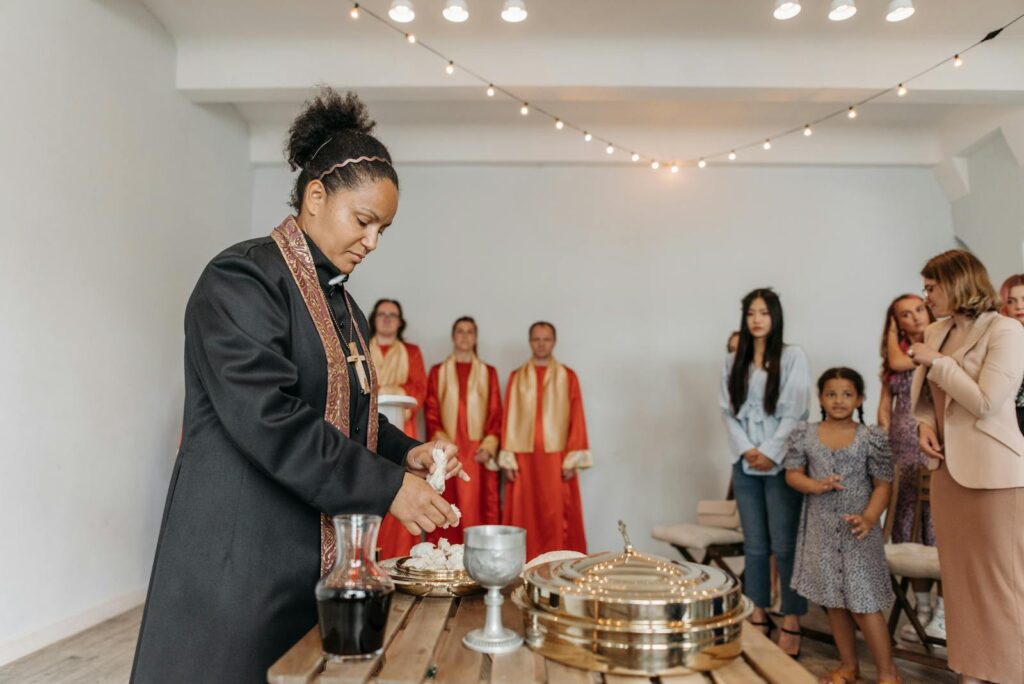
Religion shows up in everyday routines. It’s in what food you eat, and sometimes even what you do in the mornings or evenings. If both partners enjoy the same traditions, it feels warm and uniting. But if one person doesn’t connect with them, it can feel very awkward. Even small traditions shape how couples live together day by day.
Views on Marriage Differ

For some individuals, marriage feels like a sacred promise, while for others it’s more of a legal or practical choice. Religion usually shapes how permanent and serious marriage feels. If partners see it differently, misunderstandings pop up. One person may feel very committed while the other feels unsure. These quiet differences can slowly affect the way a relationship grows.
Approach to Conflict

Religion influences how people handle fights. Some lean on patience, forgiveness, or prayer, while others believe in speaking out right away. If both partners share the same approach, it brings peace. But if they clash, arguments can feel much more worse. Even small disagreements can become very stressful when conflict styles don’t line up.
Expectations Around Gender Roles

Many religions carry traditional ideas about men and women. That affects how couples see things like chores or family decisions. Some find comfort in those roles, while others feel limited by them. If one person wants to follow tradition and the other doesn’t, it creates frustration. These unspoken expectations quietly shape how couples see balance and fairness.
Decisions About Children

Religion strongly shapes how parents want to raise kids. From choosing schools to celebrating holidays, it influences a lot. Couples who agree on this usually feel united, but when they don’t, it becomes very stressful. Deciding whether kids will be raised in one faith, both, or none at all is one of the toughest choices couples face.
Ideas About Morality
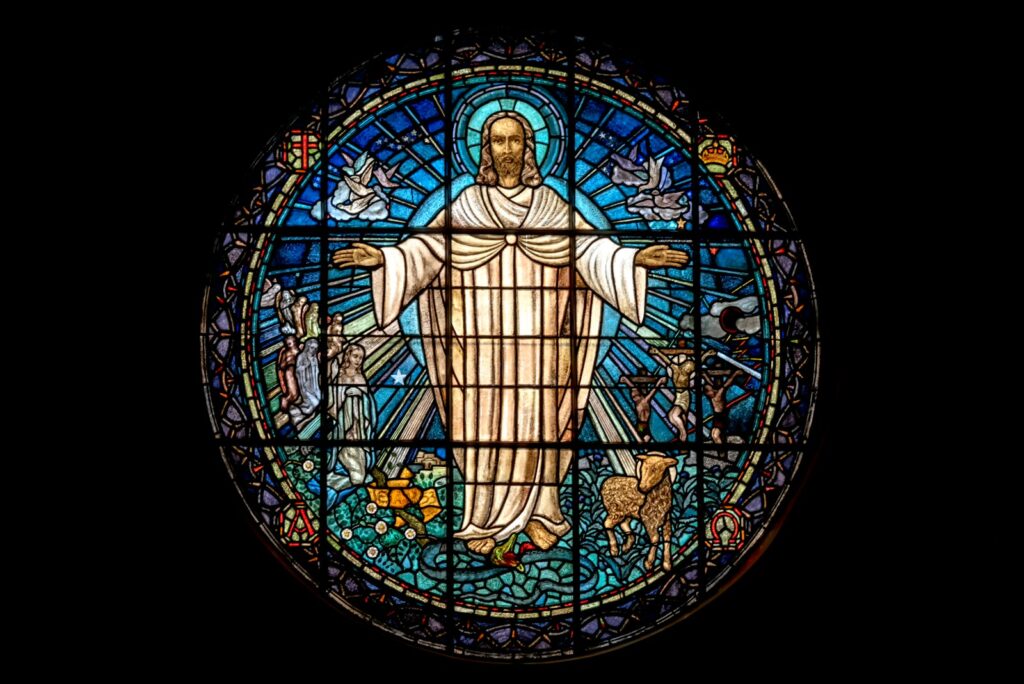
Faith guides how people see right and wrong. One partner might believe strongly in certain rules while the other is more relaxed. That can lead to disagreements about lifestyle choices or boundaries. Even when it’s not openly discussed, religious morals guide behavior in pretty powerful ways. They influence how partners treat each other and what they expect in return.
Community Involvement
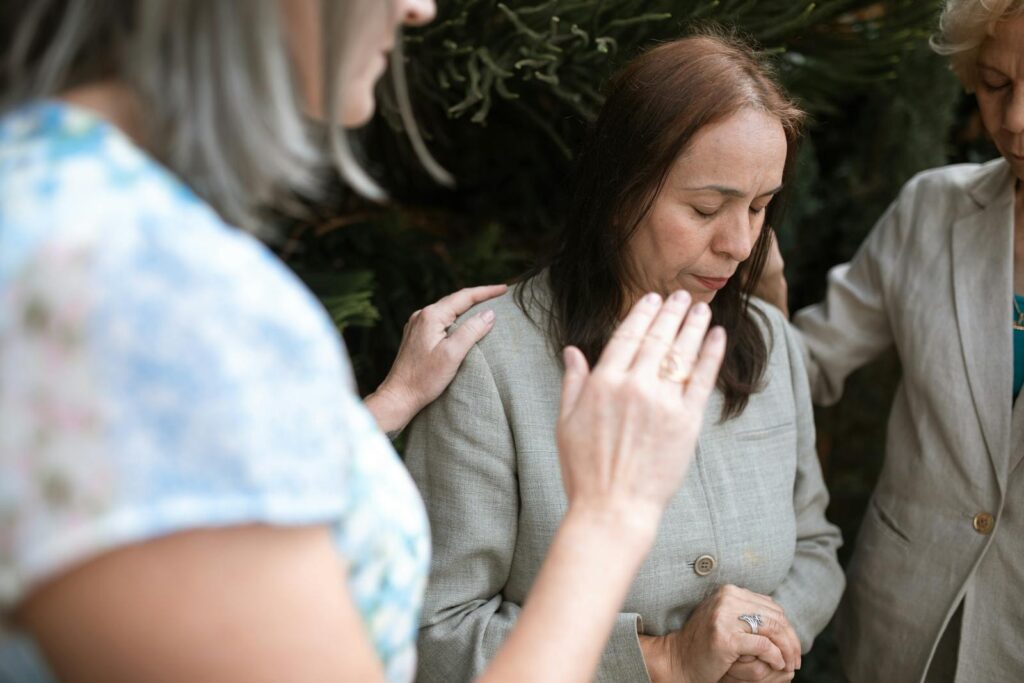
Religion often comes with a community, and that plays into relationships too. For some couples, sharing that space feels supportive and grounding. For others, it feels like pressure, especially if one person doesn’t want to be involved. Religious communities can bring a lot of joy, but they can also create a sense of being judged or pulled in too deep.
Attitudes Toward Money

Religious beliefs sometimes shape how people view money. One partner may feel strongly about giving to charity, while the other thinks saving is more important. These differences show up in spending habits and long-term plans. Money already creates stress in many relationships, and when faith adds another layer, it makes decisions about finances much more complicated.
Views on Intimacy

Religion influences how people see intimacy. For some, waiting until marriage is important, while for others it doesn’t matter as much. Even within marriage, beliefs can shape what feels right or wrong. If partners share the same views, it creates closeness. If they don’t, it can create pretty big frustrations. Intimacy becomes harder when faith sets different rules.
Forgiveness and Second Chances

Many religions teach the importance of forgiveness, and that spills over into relationships. It helps couples move past mistakes and heal after arguments. But it can also feel like pressure to forgive before someone is ready. Forgiveness influenced by religion can be both beautiful and heavy. It has the power to heal relationships but also to keep people stuck.
Handling Life’s Challenges
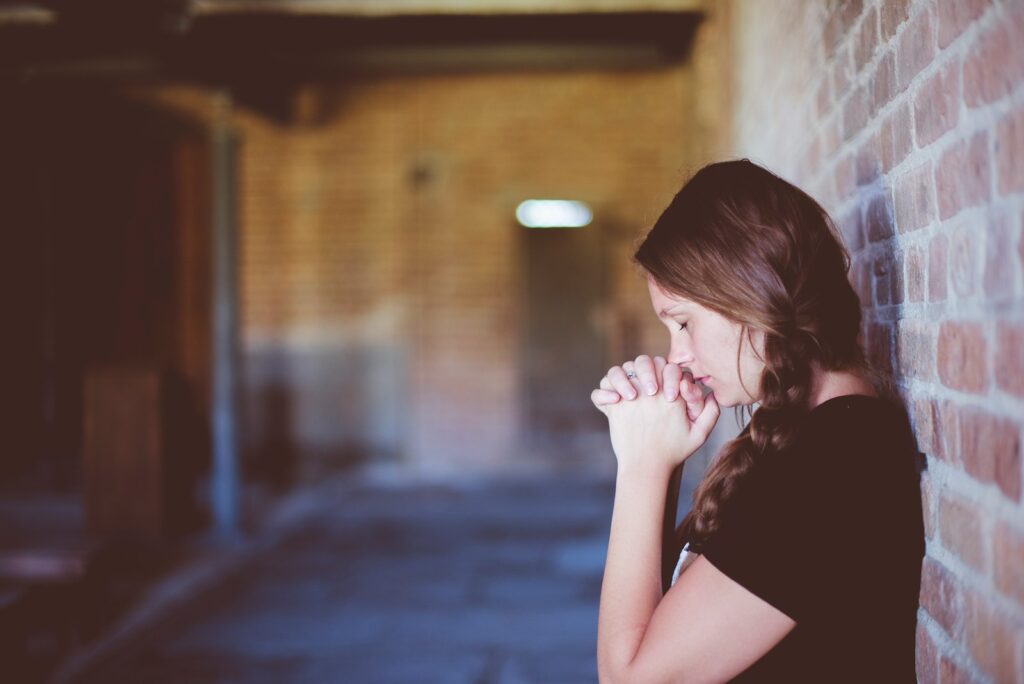
Faith gives some people strength during tough times. Leaning on prayer or spiritual practices can bring comfort not just to one person but to the relationship as a whole. It makes challenges feel easier to face together. But when one partner leans on faith and the other doesn’t, it can feel isolating. Coping styles shaped by religion make a big difference.
The Bigger Purpose
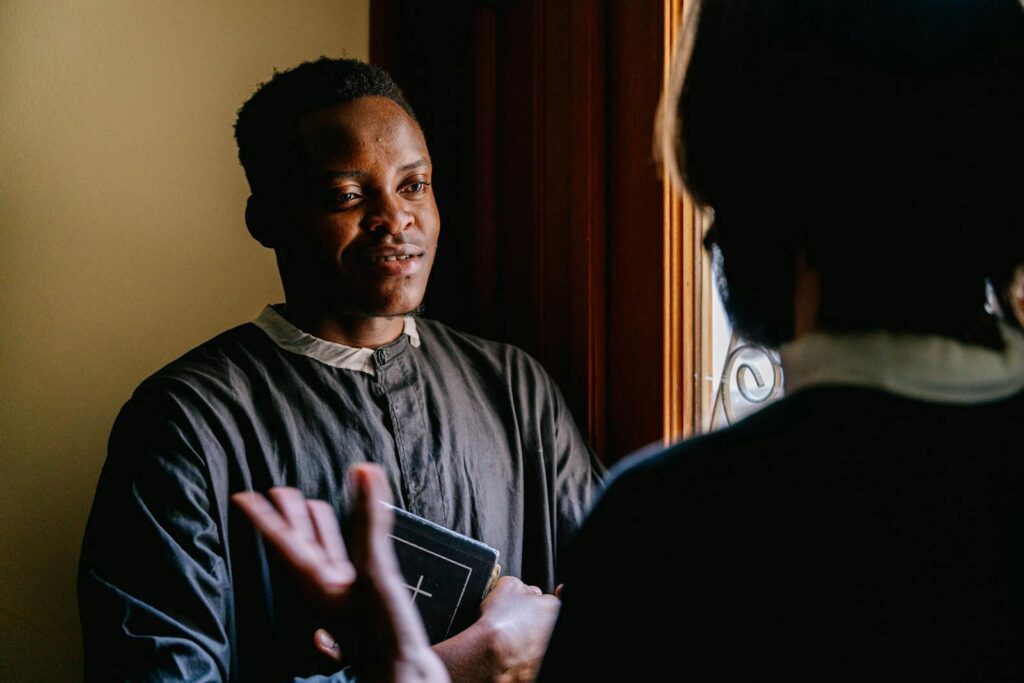
Religion gives relationships a bigger meaning as love becomes an important part of the spiritual journey. That sense of purpose can feel very grounding. But if one spouse doesn’t share the same belief, it can create a lot of distance. Seeing love as something sacred adds depth, but it can also show differences in how each person views the relationship.

